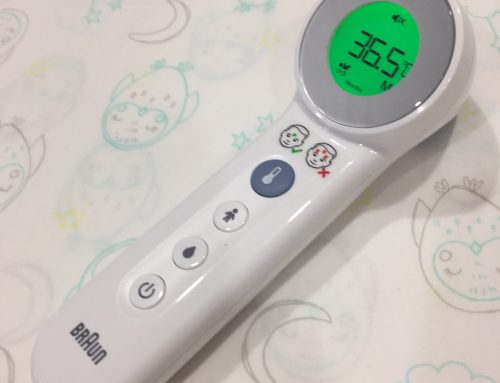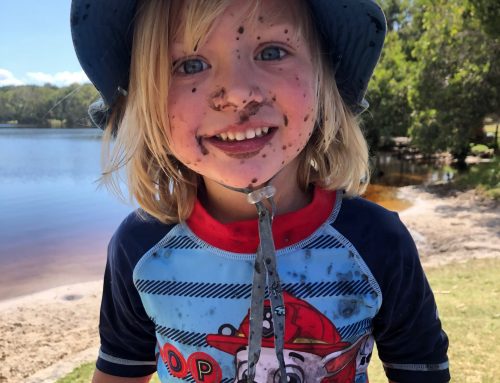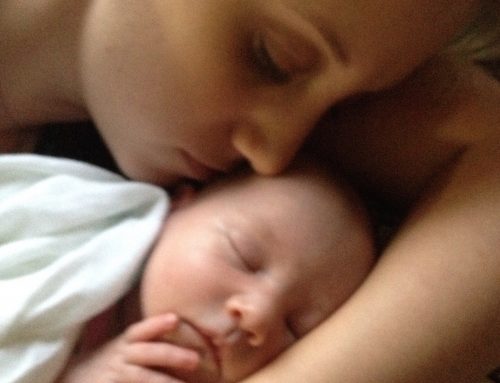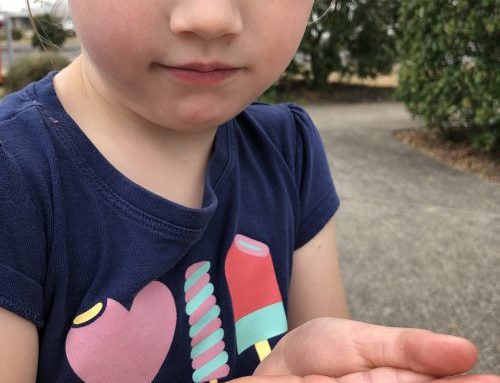Every mother wants her baby to have soft flawless dewy skin. Achieving that is not only aesthetically pleasing, but important for your baby’s health.
The integrity of the skin layer prevents the penetration of allergens (causing allergic (atopic) dermatitis) or harmful bacteria (causing infection). However the surface layer of a baby’s skin is 30% thinner than in adults so is more easily penetrated or damaged by substances applied to it. It takes more than a year for the skin to mature.
For maintaining integrity skin should have:
- Slightly acid pH
- Friendly (commensal) germs
- Natural Moisturising Factor (mostly fats) in the skin.
Anything that changes any of these, affects the skin’s ability to defend itself.
GENERAL WASHING
- Powerful surfactants such as SLS (Sodium Lauryl Sulphate) as in many adult preparations, neutralise the acidity, and increase the dryness of the skin.
- This is especially true if the water is hard (because more soap has to be used).
- Washing in water alone tends to increase dryness of the skin.
- So for washing use only baby formulations with mild surfactants and buffered or slightly acid pH.
BATHING
- You need to balance the need for hygiene (eg. washing off poo or dirt) with preserving the protective skin barrier.
- So bathing 2-3 times week is optimal for skin health.
- Of course bathing every day is fine especially if it’s enjoyed.
- Bath temperature optimal at 38°C (100.4°F).
- No antiseptics unless medically recommended.
- Avoid adult shampoos (most have SLS as surfactant).
MOISTURISERS
- These leave a layer of oil on the skin to trap water underneath. This water causes the cells of the upper skin layer to swell. This closes the gaps between the cells to prevent chemical or germ penetration.
- The most efficient and least likely to cause allergic sensitivity is paraffin (liquid or soft). It is able to be extensively purified and is completely inert, unlike many ‘natural oils’, which are often a mixture of many different complex oils (such as lanolin).
EMULSIFIERS
- If water is added to the moisturiser an emulsifier is necessary to allow mixing.
- These are detergents, so avoid powerful ones such as SLS (see above). Make sure the detergents are mild.
HUMECTANTS
- To improve the effect of the moisturisers, adding a humectant attracts and holds water in the skin.
- Common ones are glycerol, urea, lactic acid.
- The effect of moisturisers can also be improved by the addition of linoleic acid which increases the fat level in the skin.
BABY MASSAGE
- It is important that the oil used does not interfere with skin barrier function.
- Despite frequently being recommended, olive oil (predominantly oleic acid) causes significant skin barrier damage and mild irritation and should not be used.
- Sunflower seed oil (predominantly linoleic acid) improves skin barrier function and is recommended.
- If ‘natural oils’ are used, check their components. The more linoleic acid and the less oleic acid, the less potential skin barrier damage.
So next time you’re in the Chemist buying skin products for your baby, choose carefully and read the small print ingredients on the back!










Leave A Comment
You must be logged in to post a comment.